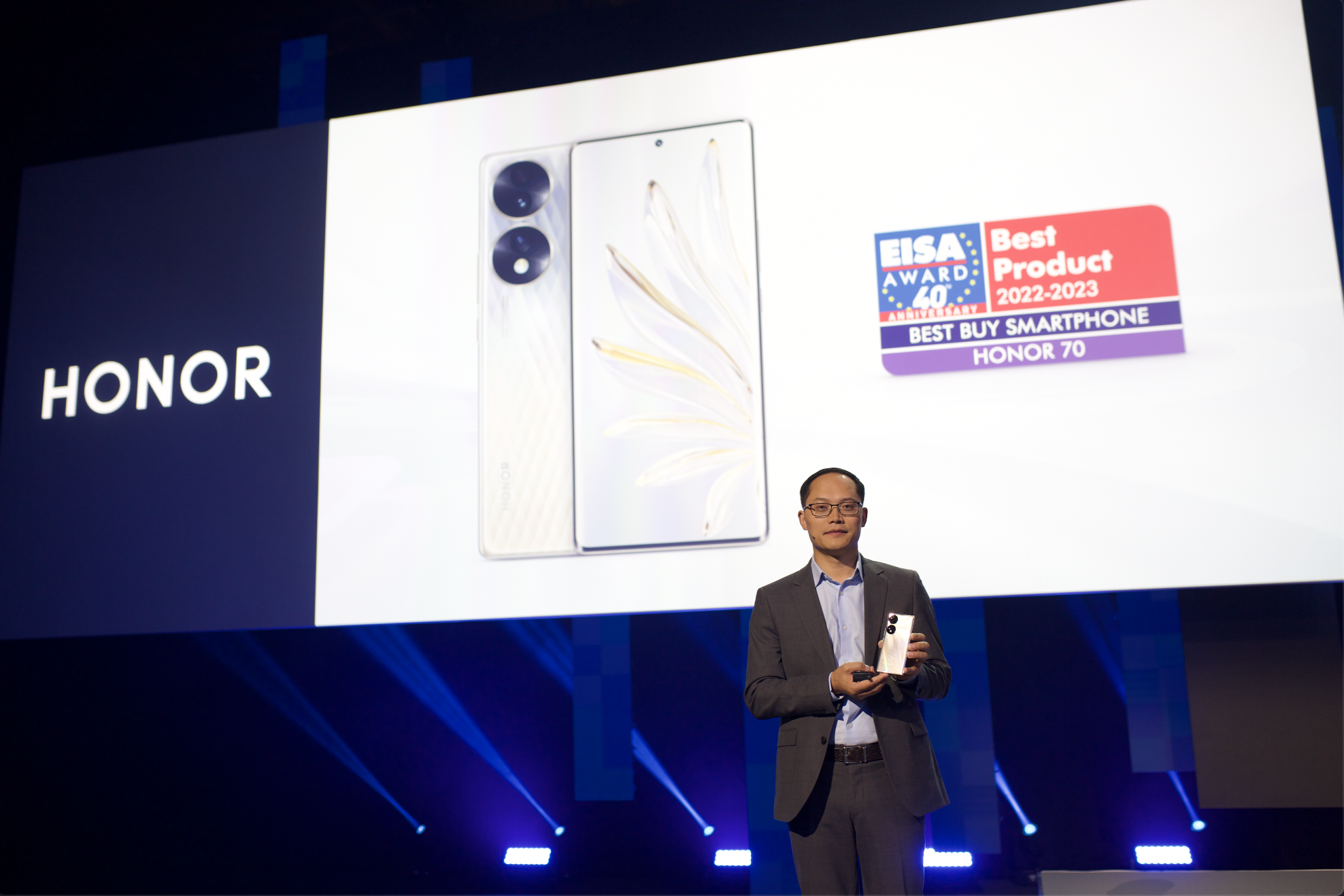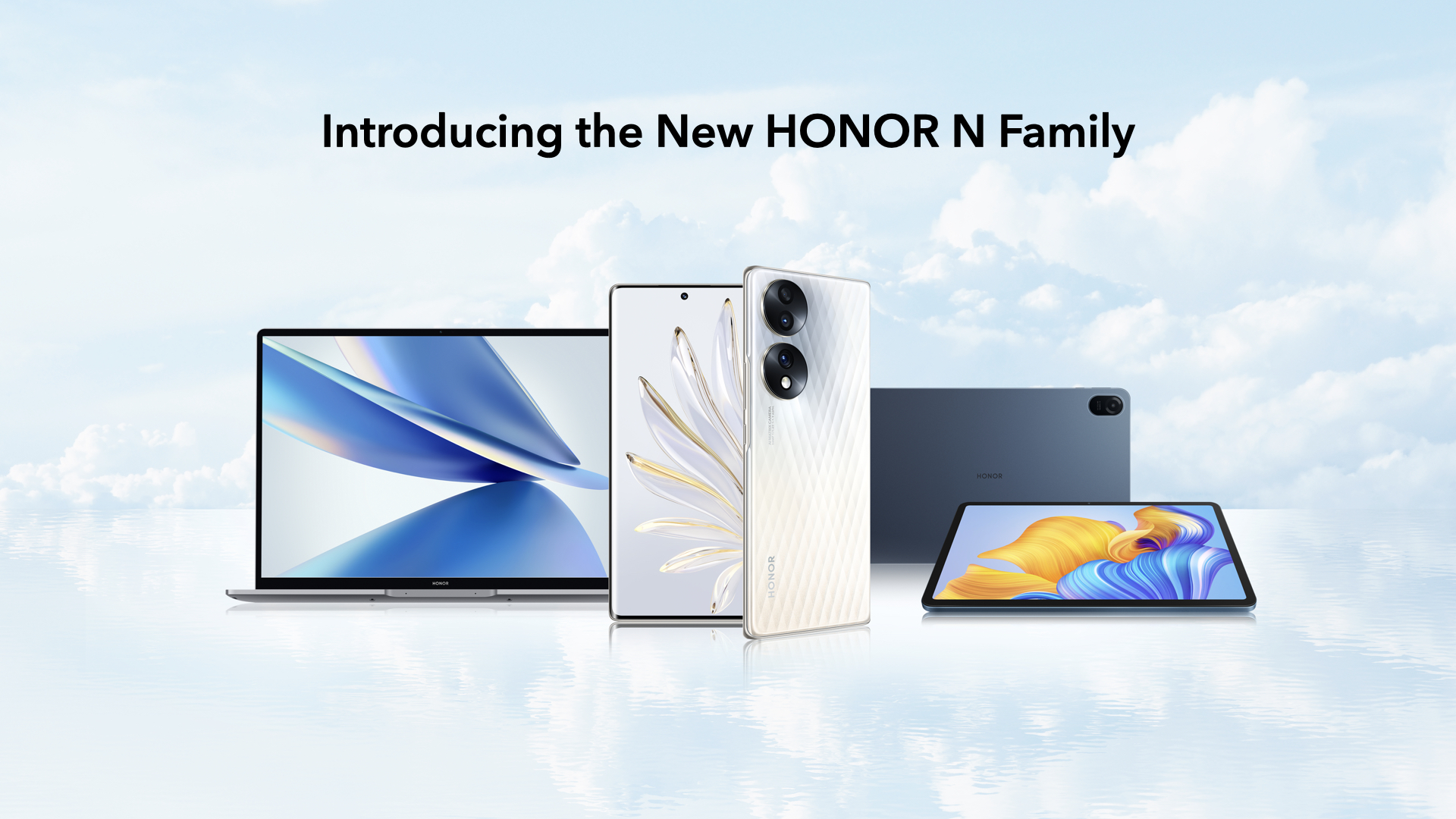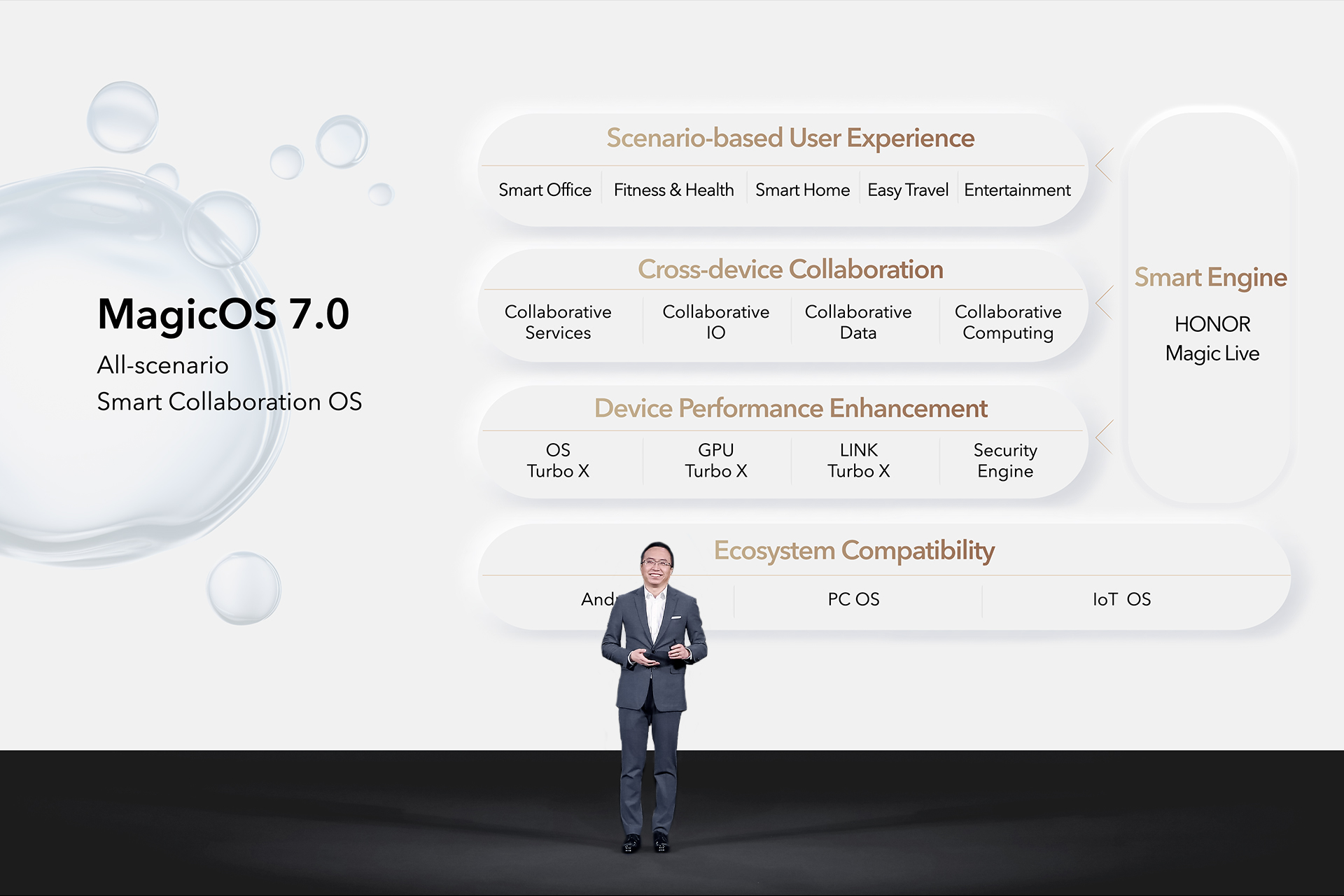Honor plans to get aggressive in Europe to rebuild its global market share
Honor has big plans for its upcoming flagships.

Honor started off as a Huawei sub-brand back in 2013, and it got off to a great start. Huawei needed a brand to cater to a younger audience that delivered value-first phones, and Honor filled that brief to perfection. The brand made a lot of headway in its home market and gained ground in global markets, including India, the Middle East, U.K. and even North America.
But just as it was taking off, the Huawei trade ban effectively killed off Honor's global ambitions. Without access to Google services or the latest Qualcomm silicon, Honor plummeted in the rankings, and it was limited to selling rebadged Huawei phones in China.
Thankfully, all of that changed last year as Honor divested itself from Huawei and became its own entity. Owned by a Shenzhen-based consortium, this incarnation of Honor aims to get back to delivering value-focused phones while also vying against the best Android phones; the Magic V foldable is a testament to that.

The brand introduced the mid-range Honor 70 and the Honor Pad 8 at IFA, and with both devices now available in western markets, I talked to Tony Ran, President of Honor Europe, to better understand Honor's goals for the next 12 months and how it plans to combat its Chinese compatriots in the region. Ran reiterated the value-first approach at Honor, stating that the brand "will always be about creating value for customers and partners through innovation."
Honor's next foldable will launch in Europe, and the brand will follow a dual-flagship release cycle in the region.
While Honor saw a modicum of success in China over the course of the last year, that hasn't been the case in Europe. One of the reasons for this is that its latest flagships are limited to China, with the brand instead focusing on the mid-tier segment to kick off its global reentry.
Ran says this will change in the coming months, and that Honor will follow a dual-flagship release cycle in global markets as well. "Both our next foldable and all-round flagship smartphones will be available in Europe and international markets, delivering compelling alternatives that solve user pain points."
Ran says that Honor is working with more telecom partners and retailers to make its devices widely available in Western Europe. "To date, we are working with more than 35 telecom operators and over 65 distributors in the region to bring our products to more consumers."
Be an expert in 5 minutes
Get the latest news from Android Central, your trusted companion in the world of Android
Honor isn't mulling a return to North America just yet; the brand is currently interested in the U.K., France, Germany, Italy, and Spain.
Honor is focusing on the U.K., France, Germany, Italy, and Spain as it aims to rebuild its global market share, and Ran notes the brand isn't ready just yet to reenter North America. "We take a gradual approach to expanding into new markets. At this stage, we want to concentrate on the 16-20 key global markets where we have built a solid foundation. We will consider North America when we are ready."
Software is a big part of the puzzle for the unencumbered Honor, and while the current iteration of Magic UI still feels nearly identical to EMUI, Honor says it is "taking a fundamentally different approach to enable connectivity by fully embracing open ecosystems." Honor points out that the upcoming MagicOS 7.0 will have "major design changes" across the interface, and that the OS will bring "better performance and cross-device collaboration."

"MagicOS will be a cornerstone upon which we will build this future. Because MagicOS is built to embrace open industry standards, MagicOS devices will be compatible with a wide range of non-HONOR devices, contributing to creating the connected future we envisioned."
The Android 13-based MagicOS 7.0 will have major design changes and facilitate cross-device collaboration.
The brand is betting on its Honor Connect platform as a key software differentiator, noting that it wants to "break the boundaries across devices" even if they're running a different OS. Honor says that the Connect cross-platform protocol makes it "extremely easy" for partners to connect easily to MagicOS devices.
I'm not fully convinced that Honor's gamble on interconnectivity will pay off, but the brand is launching wearables and IoT devices with a goal of building an ecosystem of connected devices, and I am interested in seeing how well that turns out.
The smartphone industry has drastically changed in the last three years; Xiaomi, Vivo, and OPPO now have a strong foothold in European markets, and as such Honor has to do something different to stand out.
In a sense, it is doing just that by bringing its upcoming foldable to Europe — the OPPO Find N, Xiaomi MIX Fold 2, and Vivo X Fold are all limited to China, and Honor can make a mark on the foldable category by beating its Chinese rivals to market and take the fight to Galaxy Z Fold 4. Add in a Q4 launch for MagicOS 7.0, and there's a lot of excitement on the software front as well.

Harish Jonnalagadda is Android Central's Senior Editor overseeing mobile coverage. In his current role, he leads the site's coverage of Chinese phone brands, networking products, and AV gear. He has been testing phones for over a decade, and has extensive experience in mobile hardware and the global semiconductor industry. Contact him on Twitter at @chunkynerd.
